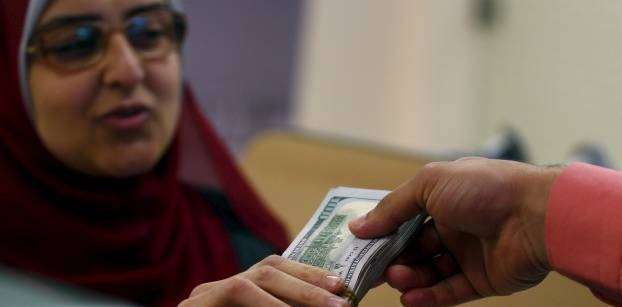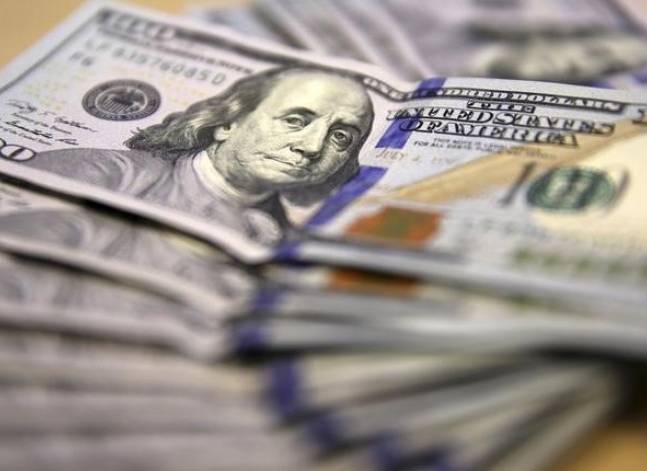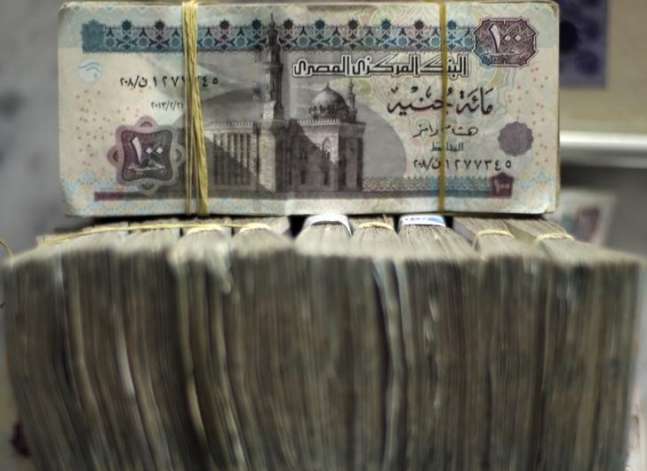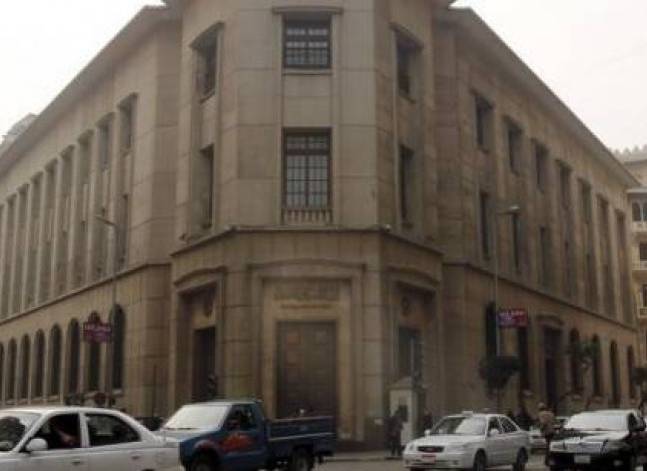Latest NEWS
- Aswat Masriya, the last word
- Roundup of Egypt's press headlines on March 15, 2017
- Roundup of Egypt's press headlines on March 14, 2017
- Former Egyptian President Hosni Mubarak to be released: lawyer
- Roundup of Egypt's press headlines on March 13, 2017
- Egypt's capital set to grow by half a million in 2017
- Egypt's wheat reserves to double with start of harvest -supply min
- Roundup of Egypt's press headlines on March 12, 2017
Egypt's illicit currency traders defy crackdown, spread business abroad
CAIRO/RIYADH, Jun 15 (Reuters) - Egypt's efforts to stamp out illicit currency trading is pushing black market dealers to carry out transactions abroad, beyond the reach of the law, robbing the economy of its last vital source of foreign currency.
Dealers say they are scooping up dollars held by expatriate workers and exporters before they ever enter Egypt, exacerbating the dollar shortage at the heart of the currency crisis that has already undermined investment and hit trade and manufacturing.
Egyptians working abroad send back about $19 billion a year in remittances, an important source of hard currency for a country that has seen tourism, foreign investment and exports dwindle in the political turmoil that followed the 2011 revolt.
The central bank has sought to crack down on the black market, revoking the licenses of exchange bureaus found dealing far beyond the official rate. This month, the government approved plans to impose jail terms for black market trading.
But the yawning gap between an official dollar rate of 8.8 Egyptian pounds and a black market rate close to 11 pounds is encouraging expatriates to circumvent the banks altogether.
"It’s a vicious cycle because the only way for the black market to end is for banks to start providing dollars and the banks don't have the dollar resources because they are being sucked up by the black market abroad," said one banker who declined to be named due to the sensitivity of the matter.
Abu Marwan, an Egyptian engineer who works in Saudi Arabia, used to transfer money each month to his wife's bank back home. For the past year, he has gone instead to black market dealers who offer a better rate if he hands over his cash abroad.
"Me and my colleagues here stopped transferring money through the banks to Egypt because when you do that you lose," said Abu Marwan, who makes the equivalent of $2,600 a month.
"We all open a phone line and agree on the price together, then I give the man in Riyadh the money and at the same time his partner gives my wife in Egypt the money in Egyptian pounds at a higher rate."
Central bank officials were not immediately available to respond to queries about black market dealers carrying out transactions abroad.
Growth struggle
Egypt has struggled to restore growth since the 2011 uprising that toppled Hosni Mubarak and scared away tourists and foreign investors - key earners of foreign currency.
Foreign reserves have halved from over $36 billion before the revolt to about $17.5 billion in May.
The central bank has been forced to ration dollars and prioritise essential goods like food, introducing restrictions on the transfer and deposit of foreign currency.
The shortage at banks has created a black market where importers and individuals are willing to pay far more than the official rate to get the hard currency they need.
"Once you introduce these strict capital controls you create a big crisis in the currency market that incentivises evading the banking system entirely which is why 90 percent of remittances reportedly are not going to the banking system, which is why exporters are disincentivised from bringing their money back," said Timothy Kaldas, non-resident fellow at the Tahrir Institute for Middle East Policy.
"They are worried they won't be able to move it later so why not just keep it somewhere else."
Egypt devalued the currency in March in a bid to close the gap with the parallel rate. But the pound has since depreciated further on the black market, and at 25 percent, the gap is now wider than ever.
Export earnings
The margins make illicit currency dealing attractive to those who have never dabbled in the business before.
Companies that once relied on exports for profit have found they can make more by selling on the dollars they earn to desperate importers on the black market, six black market traders interviewed by Reuters said. Again, the transactions take place abroad and the foreign currency never enters Egypt.
“Even if they sell goods at a loss, they make a profit from the transactions of foreign currencies that they sell to importers," said one currency trader, who has been directly involved in such deals and asked not to be named.
"Some people started exporting just to do this."
Importers have complained since early 2015 that restrictions on the transfer and deposit of hard currency make it difficult to obtain letters of credit needed to clear goods at customs.
Egypt is seeking to dampen dollar demand by cutting imports of non-essential goods the central bank blames for the crisis.
But the policy has yet to bear fruit because exports are falling too as Egyptian manufacturers struggle to obtain the dollars they need to import raw materials and machinery.
Exports dropped 13.9 percent to $6 billion in the first half of 2015/16, central bank data shows.
Central bank officials did not respond to calls for comment on the success of efforts to boost dollar liquidity.
But in remarks published by the state news agency on June 7, central bank governor Tarek Amer said dollar resources had increased "tenfold" at banks after he eased restrictions on deposits and transfers of foreign currency earlier this year.
Amer has said reserves would reach $25 billion by year-end. While reserves have risen since October, several bankers said it had become harder to access dollars within the banking system.
Amr Abdel Latif, head of the Egyptian Exporters Association, said he was not aware of exporters keeping hard currency earnings abroad or selling them before they enter the country.
"Exports could be one of the real solutions for the whole Egyptian economy, securing foreign exchange and overcoming shortages in foreign investment, tourism and remittances," he said. "But if it's not happening within the official banking system there's no point."
(Additional reporting by Lin Noueihed; Editing by Lin Noueihed and Susan Thomas)

















